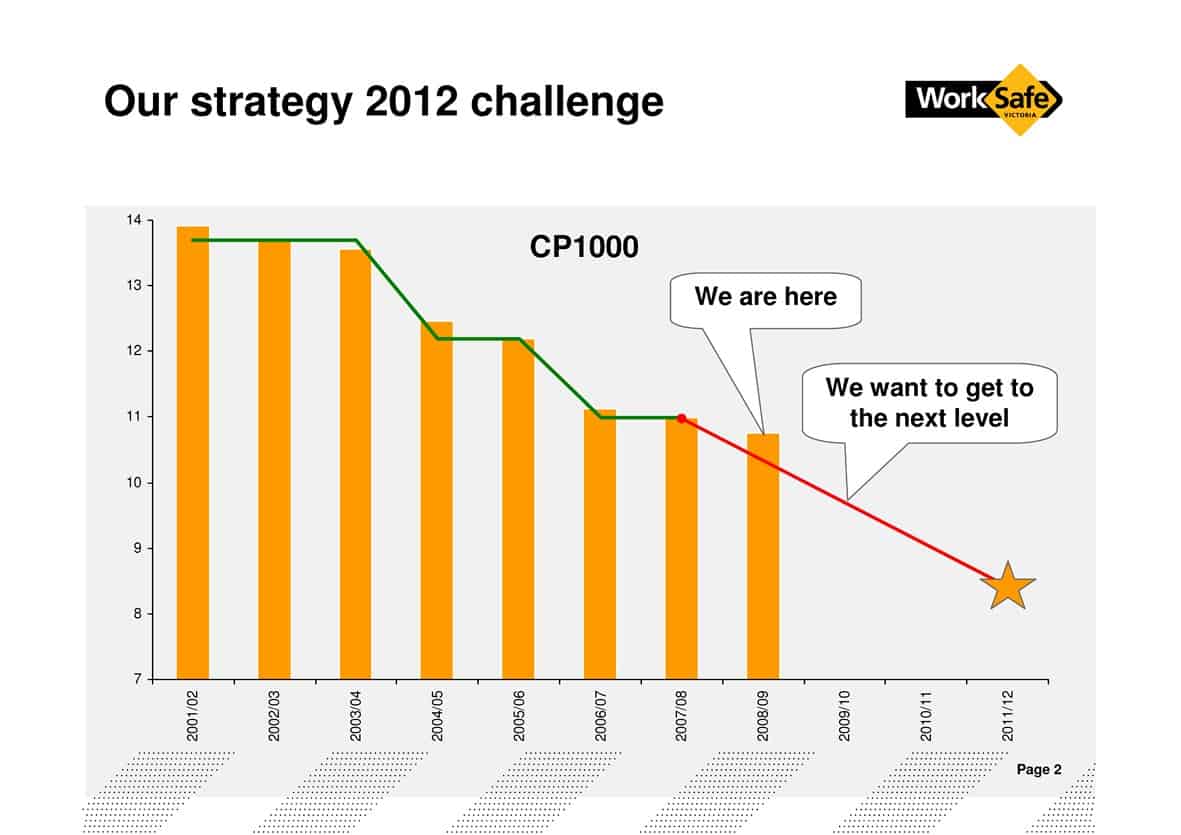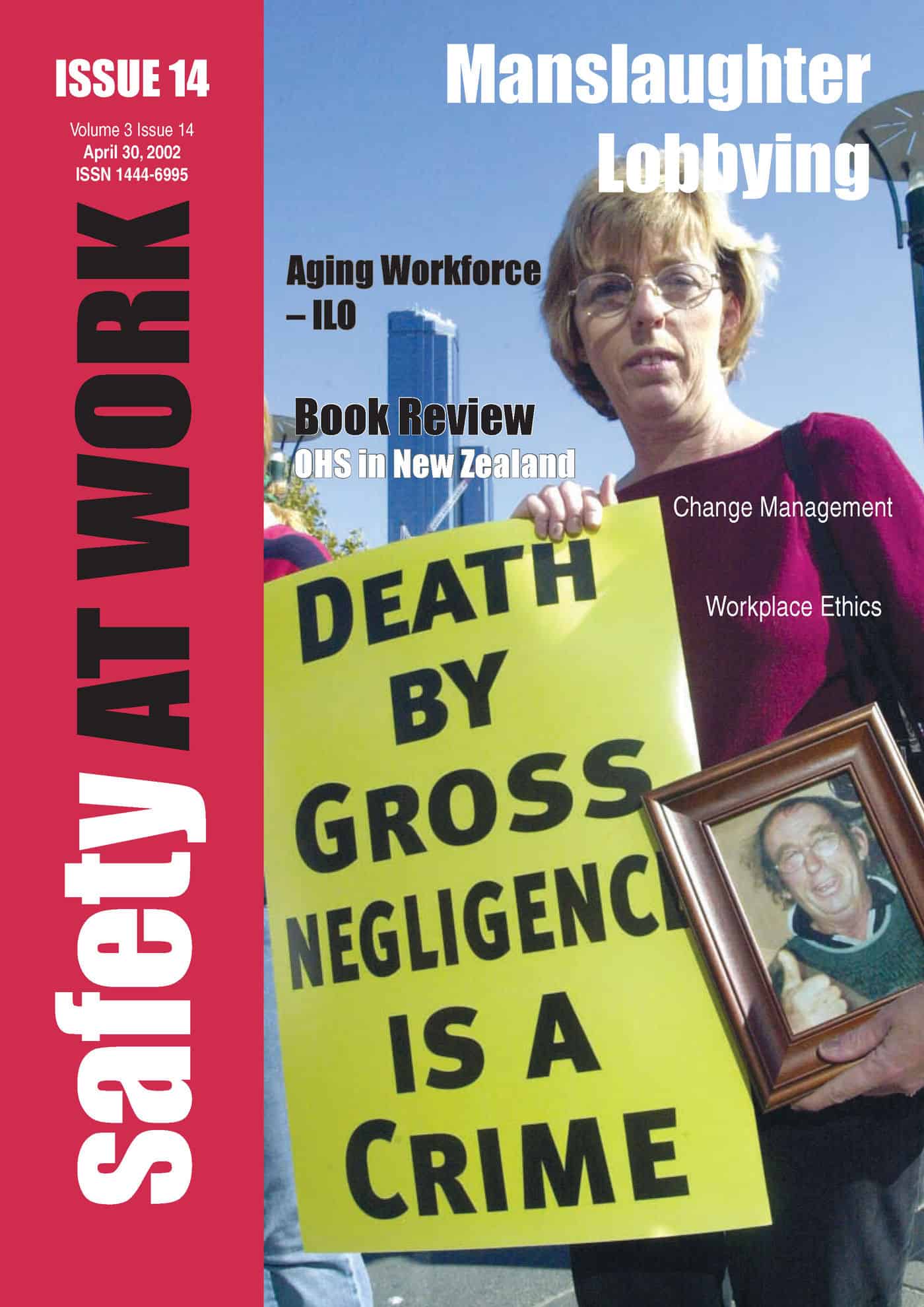SafetyAtWorkBlog has kept a watchful eye on the long saga involving the directors of James Hardie Industries and their mishandling of a compensation fund specifically established for victims of the company’s asbestos products. The compensation fund story has been handled well by Gideon Haigh in his book on the company.
The saga has since evolved into one of the duties and actions of the board of directors, moreso than one of compensation. Today, 20 August 2009, the previous directors will be told of the financial and professional penalties determined by the New South Wales Supreme Court.
The ABC News online has an article about the impending court decision but more relevantly to the OHS and compensation issues is the fact that the existing compensation fund runs out in 2011 and the company says that the current economic climate does not allow for any more funds. For a company that has earned good profits from asbestos over many decades, two years of poor corporate performance does not seem to balance the scales.
Too many corporations are using the global financial crisis to mask their own management failings. The United States and England have seen this more than most countries.
The ABC was able to interview the current CEO of James Hardie Industries, Louis Gries, who is not as damning of the past directors’ decisions as some might expect, and the reporter, Sue Lannin, asks many direct questions about the company’s responsibilities to victims of its products. This interview deserves careful listening.
Company directors around Australia are watching how the court case ends and the size of penalties they may face if they make similar decisions. The OHS element is oblique to the issue of directors’ responsibilities but it is the hot topic in Australia at the moment and many OHS professionals talk with these same directors. It may be necessary to adjust one’s language or message when talking safety with them from tomorrow on.


 The policy has been allowed to fade from the books of most of the Australian left-wing parties but for a while, corporate manslaughter was THE issue. In fact over the last 10 years, it has been the only time that directors and CEOs from thousands of companies have paid serious attention to safety management.
The policy has been allowed to fade from the books of most of the Australian left-wing parties but for a while, corporate manslaughter was THE issue. In fact over the last 10 years, it has been the only time that directors and CEOs from thousands of companies have paid serious attention to safety management.